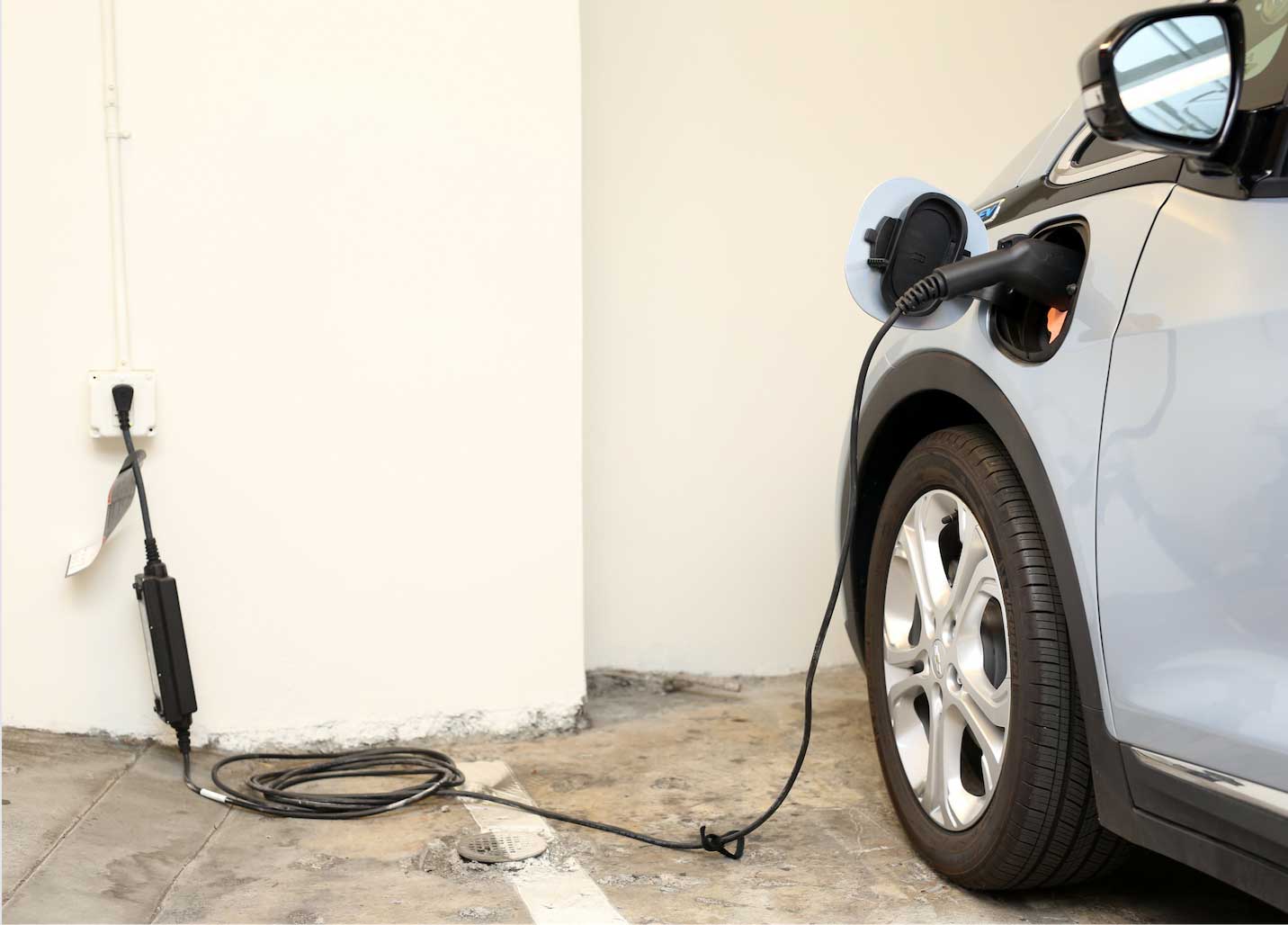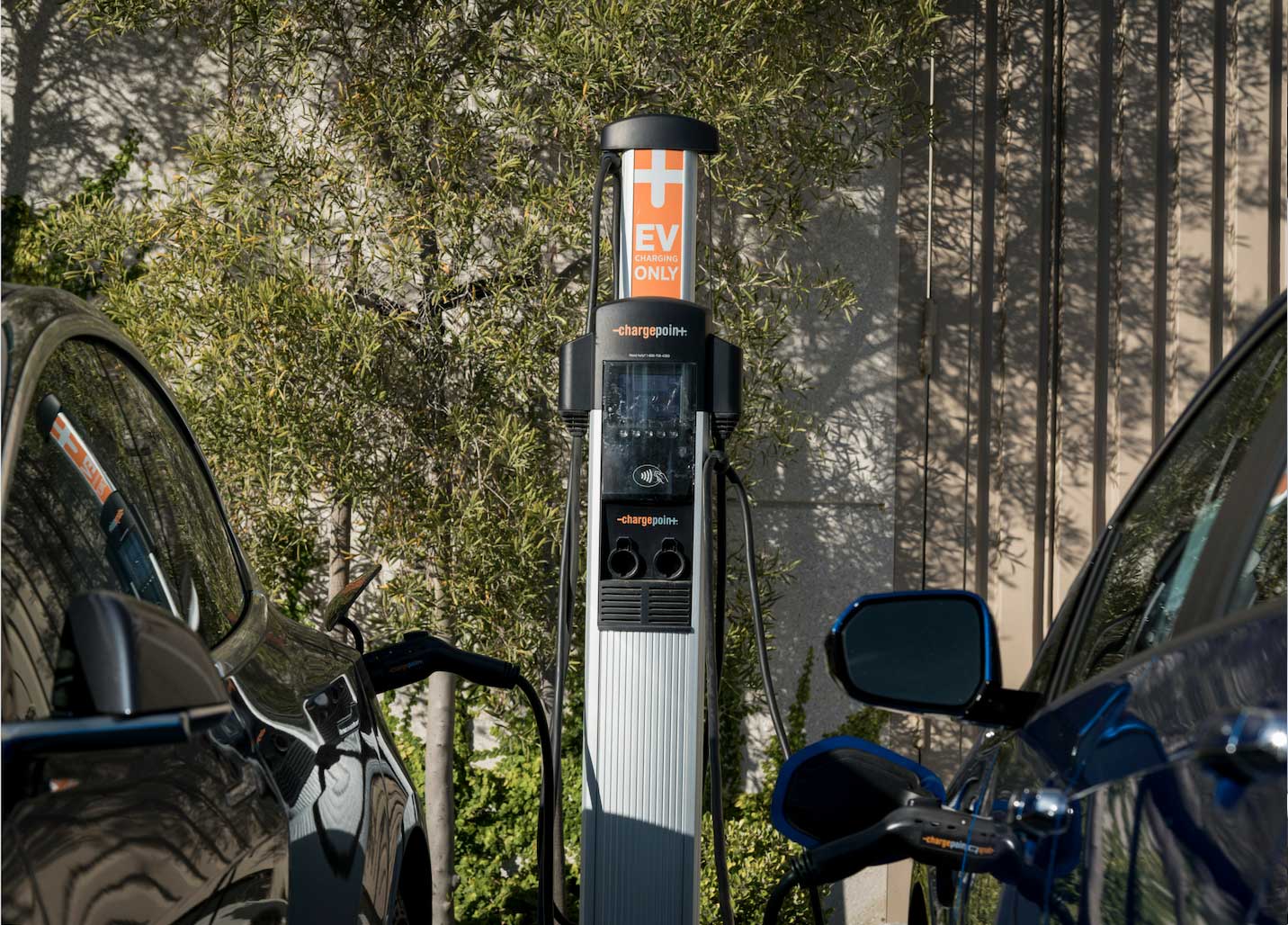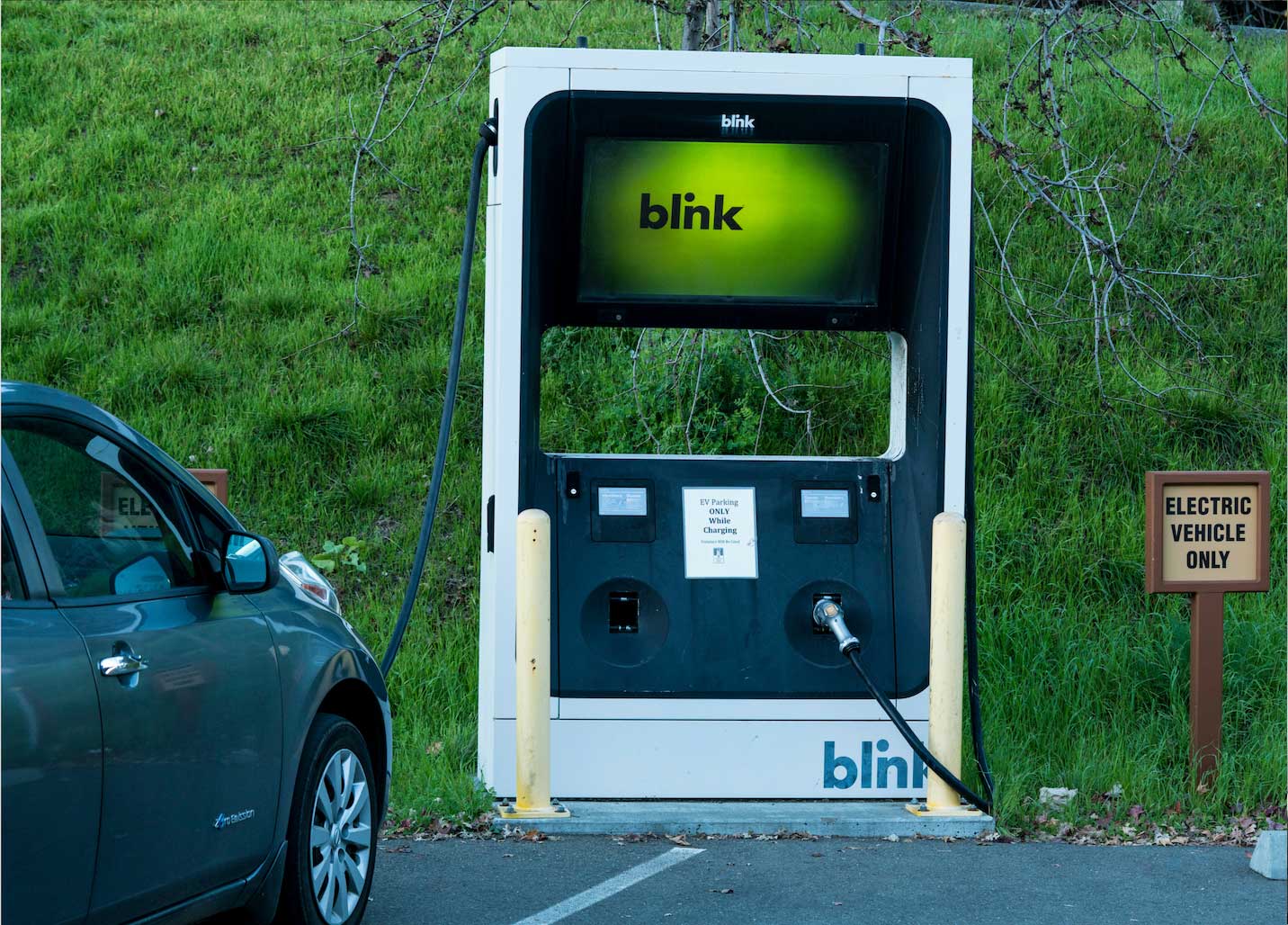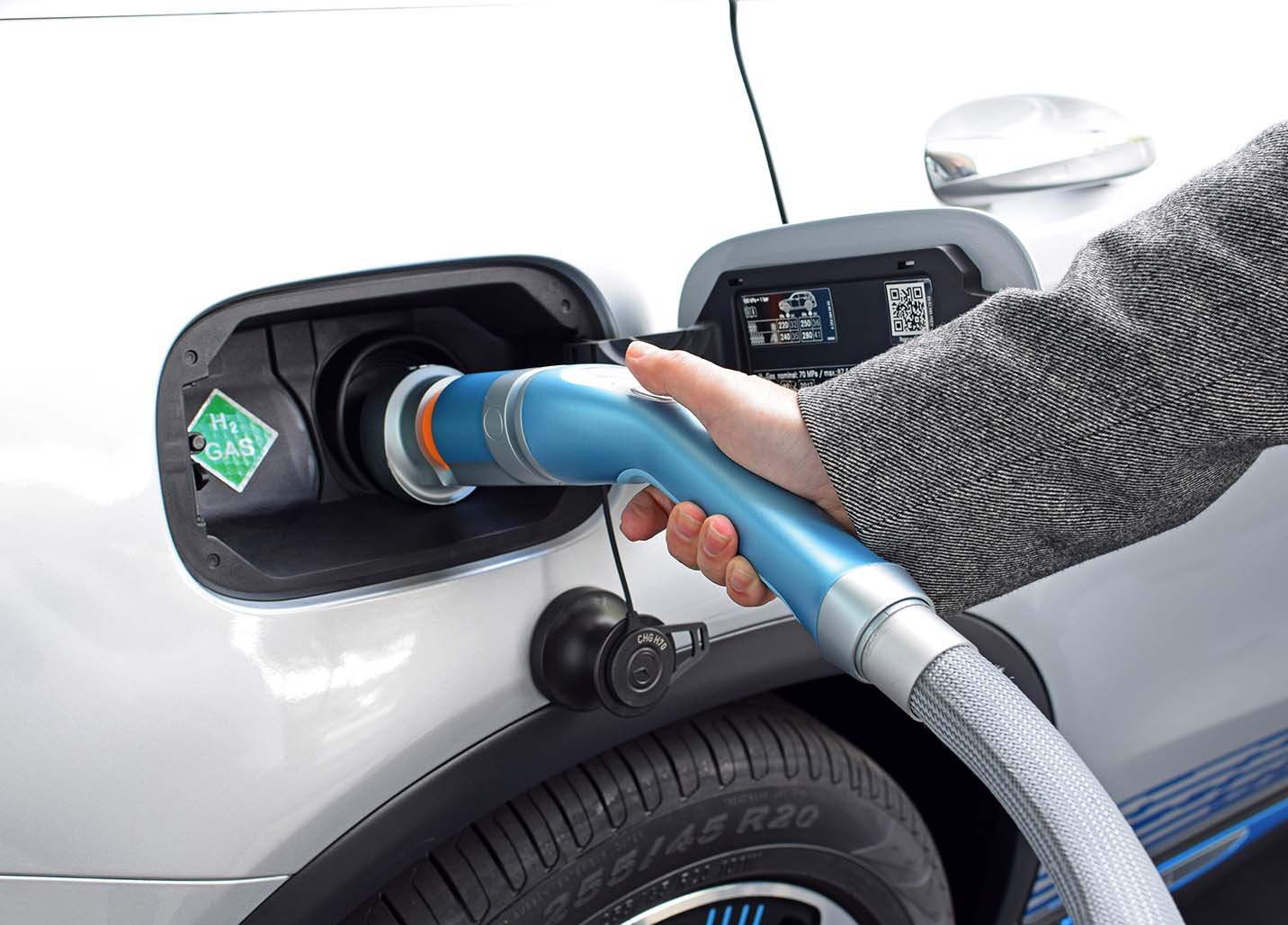Charging Your EV
Learn about how you can qualify for a home charger and the different types of chargers that can be used with Plug-In Hybrid, Battery, and Fuel Cell electric vehicles.
Program Advisory: As of January 1, 2022, electric vehicle charger installations require Electric Vehicle Infrastructure Training Program (EVITP) certified electricians. Read the Program Advisory to learn more.
Electric Vehicle (EV) Charger Rebate
CCFA offers up to $2,000 in additional funding for a level 2 home charger installation and up to $1,000 for level 2 portable charger for your new, used, or leased plug-in hybrid (PHEV) or battery electric vehicle (BEV). Funding is available on a first come first served basis and is subject to availability. Participants have 60 days to submit an estimate request and must receive approval before beginning their installation and purchasing the charger. Reimbursement requests for a completed installation and level 2 charger must follow all of the program requirements in order to maintain eligibility for the incentive. Find out more by downloading the Electric Vehicle Charger Rebate Manual.
Home Charger Installation Rebate
To receive up to $2,000 for a level 2 home charger installation, a summary of the steps are outlined below:
Determine your eligibility
- Purchase a PHEV or BEV car through Clean Cars for All.
- Dismantle your old car with one of our authorized Dismantlers.
Submit an Estimate Request
- Obtain an estimate from a licensed contractor and EVITP certified electrician.
- Submit a Home Charger Installation Estimate Summary Form with supporting documents for the installation, charging station, and permit to Clean Cars for All for approval.
- Receive written approval to proceed with the installation (applying for a permit, purchasing materials, and installing the charging station).
Install Your Home Charger
- After receiving written estimate approval, the licensed contractor and EVITP certified electrician may proceed with the installation (applying for a permit, purchasing materials, and installing the charger).
Request Reimbursement
- Complete the installation and submit a filled out Home Charger Installation Reimbursement Request Form and Home Charger Installation Invoice Summary Form with supporting documents.
Receive Reimbursement
- Once a completed packet is received, checks may take up to 90 days to process and mail.
Portable Charger Rebate
To receive up to $1,000 for a level 2 portable charger, a summary of the steps are outlined below.
Determine your eligibility
- Purchase a PHEV or BEV car through Clean Cars for All.
- Dismantle your old car with one of our authorized Dismantlers.
- Participants are required to have a pre-existing NEMA receptacle supplied by a dedicated 208/240-volt supply circuit.
Submit an Estimate Request
- Submit a Portable Charger Estimate Summary Form and supporting documents
Purchase Portable Charger
- After receiving written estimate approval, purchase the portable charger and plug it into your pre-existing outlet.
Request Reimbursement
- Submit a completely filled out Portable Charger Reimbursement Request Form and supporting documents.
Receive Reimbursement
- Once a completed packet is received, checks may take up to 90 days to process and mail.
EV Charger Types
There are three main types of chargers available: Level 1, Level 2, and Level 3 (or DC Fast). The right charger for you will depend on your vehicle and where you live and drive. If you choose a Hydrogen Fuel Cell vehicle, refueling your car is actually very similar to fueling a gasoline or diesel vehicle, with only slight differences. Learn more by reviewing our Electric Vehicle Technology Handout.
- Slowest charging speed, mostly residential charging
- Plugged into standard 120 volt plug
- Average charge time 8 to 15 hours
- Good for evening charging

- Typical EV charger, residential and public charging
- Requires the work of an electrician to install a 240 volt plug
- Average charge time 3 to 8 hours
- Good for workplace charging, or other destinations

- Fastest charge, public charging only
- Requires electricians to install a 480-volt transformer
- Average charge time 20 minutes to 1 hour
- Good for quick top-offs during trips

- Refueling takes 5 minutes for roughly 300 miles of range
- Similar to filling up a gasoline powered car
- Many hydrogen stations are collocated with gas stations
- Find a station near you: https://cafcp.org/stationmap




